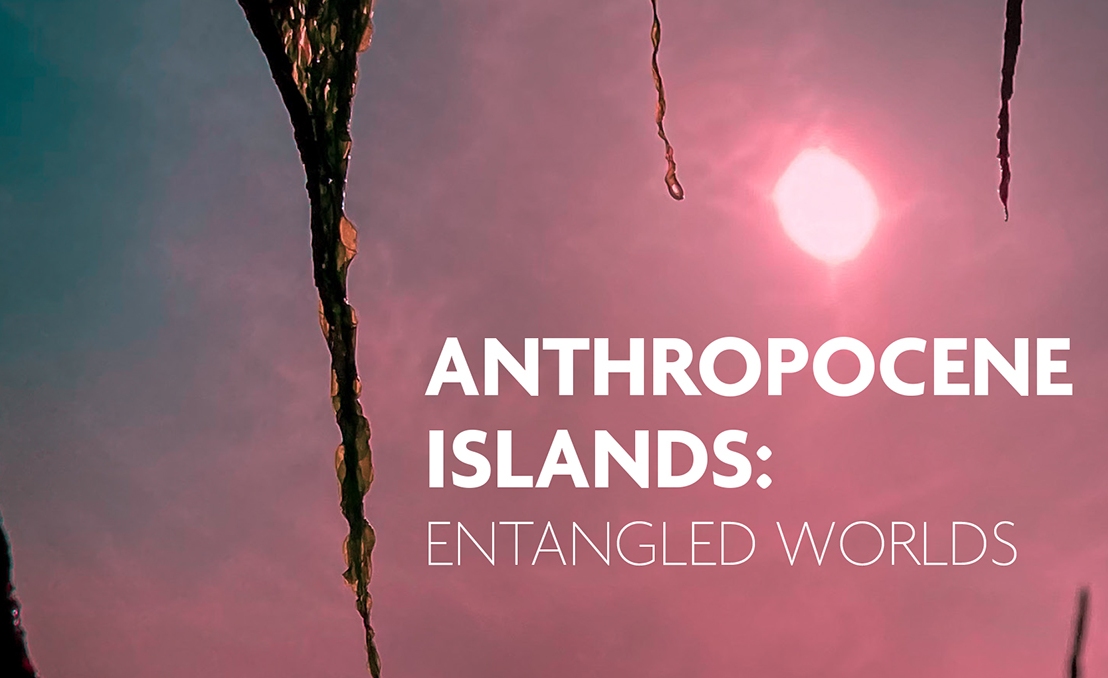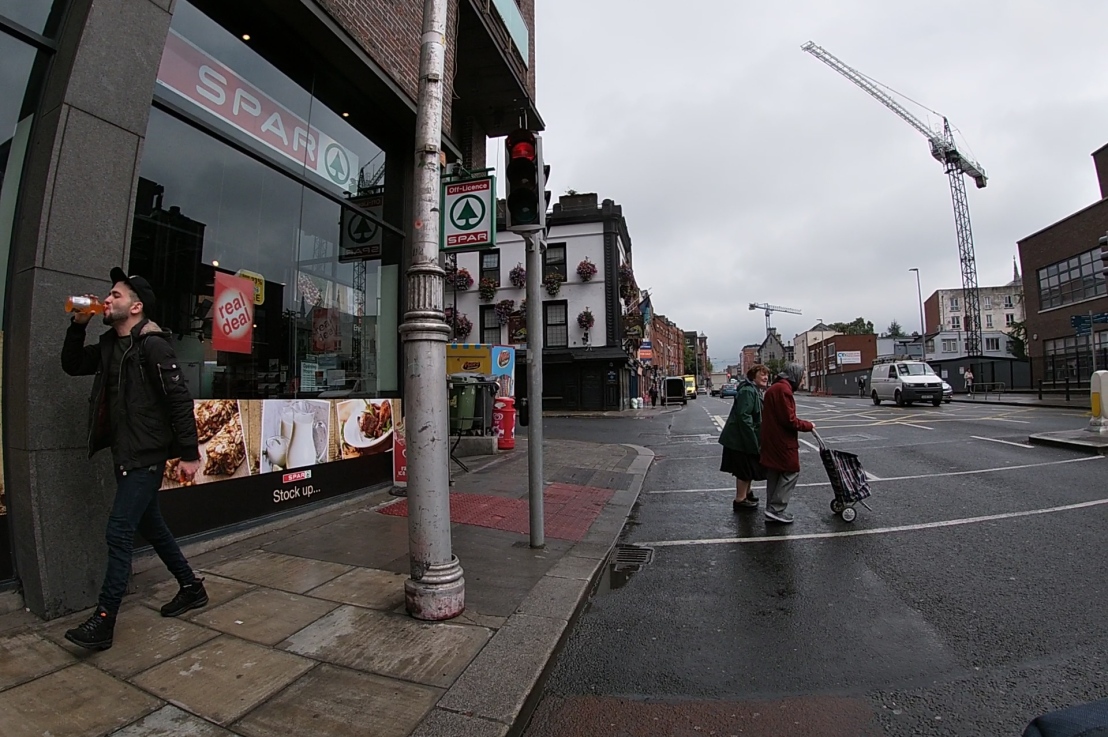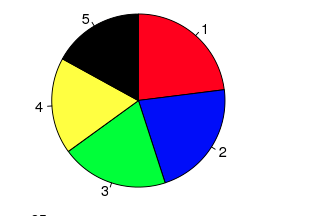Issue Editor: Carl W. Jones Senior Lecturer in PR and Advertising at the School of Media and Communication, University of Westminster
Advertising, and public relations have a potential for motivating progressive behaviours in the public via the mass media. From Edward Bernays 1929 effort to promote women’s aspirations via a campaign to smoke, by branding cigarettes as feminist ‘Torches of Freedom’, (Bernays, 2004) to the global brand P&G creating a TV commercial to publicise the discussion of ‘toxic masculinity’ (Gillette, 2019), branded commodities have been inspiring changes in human behaviours to resonate with consumers. This method is not limited to brands that rely on the neoliberal capitalist system. In 2011 the Colombian Ministry of Defence used ‘ambient marketing’ to convince the so-called terrorist organisation FARC to lay down their weapons and come home for Christmas (Ministry of Defense, 2011). But who decides what changes will benefit which segment of society?
Brands have been appropriating the practice of advertising to create change, with the objective to generate more sales, and deliver profits to their shareholders. Recently having a social conscience is becoming increasingly important – especially with a millennial audience who care more than ever whether a brand’s values align with their own. In nation states run by other ideologies such as communism, advertising is used by governments to educate publics, such as China’s one baby per family policy. This policy has recently changed, and the government has to re-educate over 1 billion people, to increase the falling birth rate. Can a government sponsored integrated campaign inspire a switch in thinking? Instances might include health campaigns, AIDs, drink driving and wearing seatbelts.
This special issue invites the most recent theoretical interventions and empirical research that explores how advertising has the potential for motivating progressive behaviours in the public via the mass media.
We define advertising as a designed communication that reinterprets signs and symbols in order to persuade while ‘the mass media’ includes a broad range of communication platforms, from paid and earned; analogue to digital networks; and guerrilla activations, to name a few.
We welcome papers on the subject of (but not limited to):
– Corporate social responsibility
– Consumer behaviour
– Integrated campaigns and the convergence of Advertising and PR
– Advertising reflects society or influences society?
– Models of brand communication
– Post truth and advertising
– Political Economy of advertising
– Ethics in Advertising
– Ideology and advertising
– Role of artificial neural networks, machine learning and AI
– Corporate social responsibility
– Advertising, activism and NGO’s in behaviour change
– Can Graphic Design save lives?
– The Role of Neuroscience
– PR vs. advertising. Which is more effective in promoting behavioural change?
– Environment-related advertising
– Can political advertising be applied for the human good?
Deadline for abstracts:
Please submit a 150-250 word abstract with keywords to WPCC’s submission system with 6 keywords by Monday 3 February 2020 by registering at https://www.westminsterpapers.org/register/ then submitting from https://www.westminsterpapers.org/author/login/
You will receive feedback regarding encouragement to submit a paper or feedback from editors/WPCC around the 12th February 2020
Deadline for full papers:
Full papers are expected by 31 March 2020 submitted to the WPCC system. All papers will go through double peer-review.
Publication date: June-July 2020
WPCC is an open access journal and there are no fees for contributors. Published by the University of Westminster Press in conjunction with CAMRI. All content in this issue and in its archive is available free to read.
References
Bernays, Edward L. (2004) Propaganda/Edward Bernays; with an introduction by Mark Crispin Miller. Brooklyn, NY: Ig Publishing.
Gillette (2019) https://www.youtube.com/watch?v=UYaY2Kb_PKI&feature=emb_logo(last accessed 10 Jan 2020)
Ministry of Defense. (2011) https://www.youtube.com/watch?v=fhNaZ0w7eEA (last accessed 10 Jan 2020)






